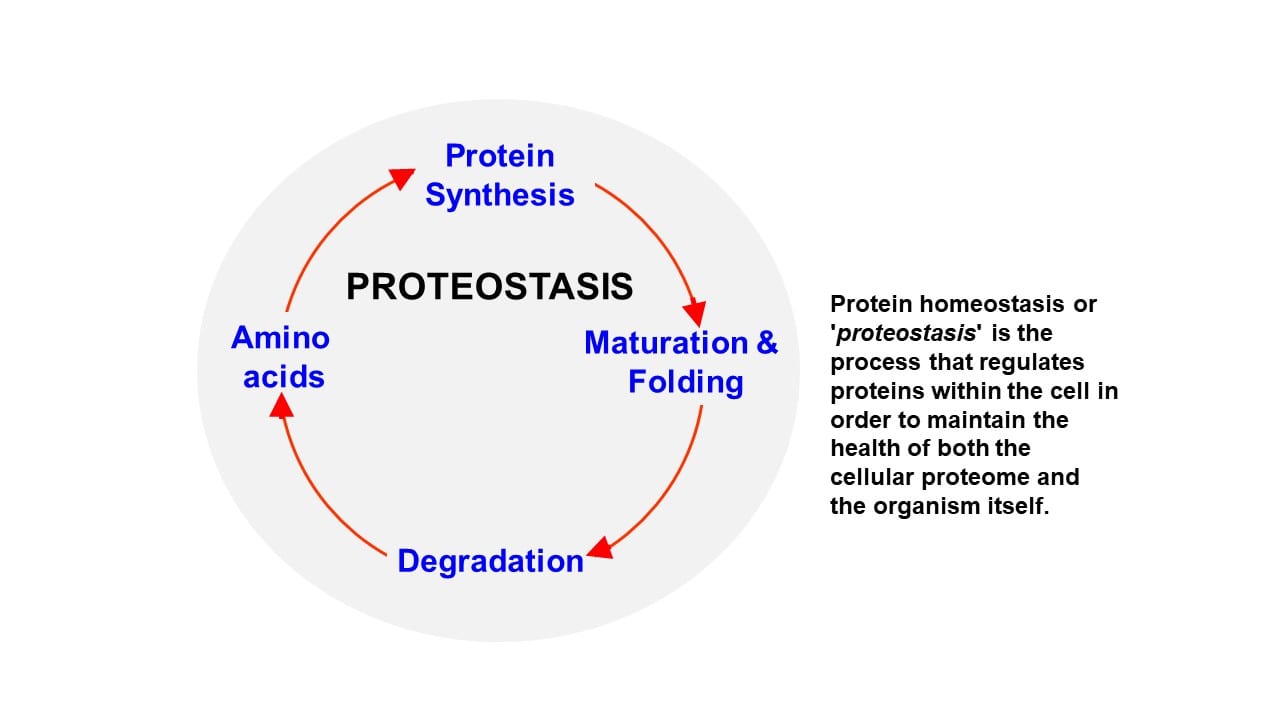Welcome to the van Wijk lab
We are studying chloroplast biology in plants; key words for our chloroplast research are proteostasis, degrons, protease networks, biogenesis and differentiation.
Chloroplasts contain ~3000 different proteins that together carry out important functions. In addition to producing molecular oxygen that makes life on earth possible, chloroplasts synthesize many important products, including vitamins A, E and K1 and various anti-oxidants. We study unique aspects of chloroplast biology in Arabidopsis thaliana (thale cress) and maize. In particular, we aim to determine the life-cycle of chloroplast proteins: how do they mature, which proteases (such as CLP) degrade them, and how are these proteins recognized (degrons) by these proteases (Bouchnak & van Wijk 2021 JBC). In other words, what governs chloroplast proteostasis (van Wijk 2024 Plant Cell).
Harnessing world-wide proteomics mass spectrometry data sets from Arabidopsis and maize to create species specific PeptideAtlasses. A major limitation of plant research is the accurate identification and quantification of proteins from tissues and organisms. Mass spectrometry is a technology that allows scientists to identify thousands of proteins from a tissue or organism. Together, the collective set of all proteins is called the “proteome”. Through an NSF sponsored project we have generated atlases (PeptideAtlas) of identified proteins in the model plant species Arabidopsis thaliana as well as maize using publicly available protein mass spectrometry studies from laboratories around the world. Such atlases allow the researchers to address important biological questions about this plant proteome. In 2021 we released the first Arabidopsis PeptideAtlas http://www.peptideatlas.org/builds/arabidopsis/ as described in the publication van Wijk et al (2021) The Plant Cell. In 2024 we released the second build of this atlas based on even more mass spec data (see van Wijk et al (2024) JPR) as well as an atlas for maize (Bouchnak & van Wijk 2021 JBC). Using PeptideAtlas, we also determine the impact of RNA editing of plastid and mitochondrial mRNA on protein stability (van Wijk et al 2024 Plant Physiology) This is a collaboration with the Institute for Systems Biology (ISB) in Seattle.
Methodologies. We employ an interdisciplinary approach including molecular genetics especially using Arabidopsis (we have generated a large collection of protease mutants and tagged protease lines), protein biochemistry, mass spectrometry, proteomics and metabolomics, as well as in silico (bioinformatics) systems analysis (e.g. mRNA-based co-expression networks), and through collaborations also Cryo-EM and X-ray crystallography. The van Wijk lab has an in-house mass spectrometer (Q-Exactive), an extensive bioinformatics proteomics processing ‘pipe-line’ and houses the Plant Proteome Data Base (PPDB).
Follow us: @vanwijklab or @kvwlabcornell.bsky.social or ResearchGate or Google Scholar



